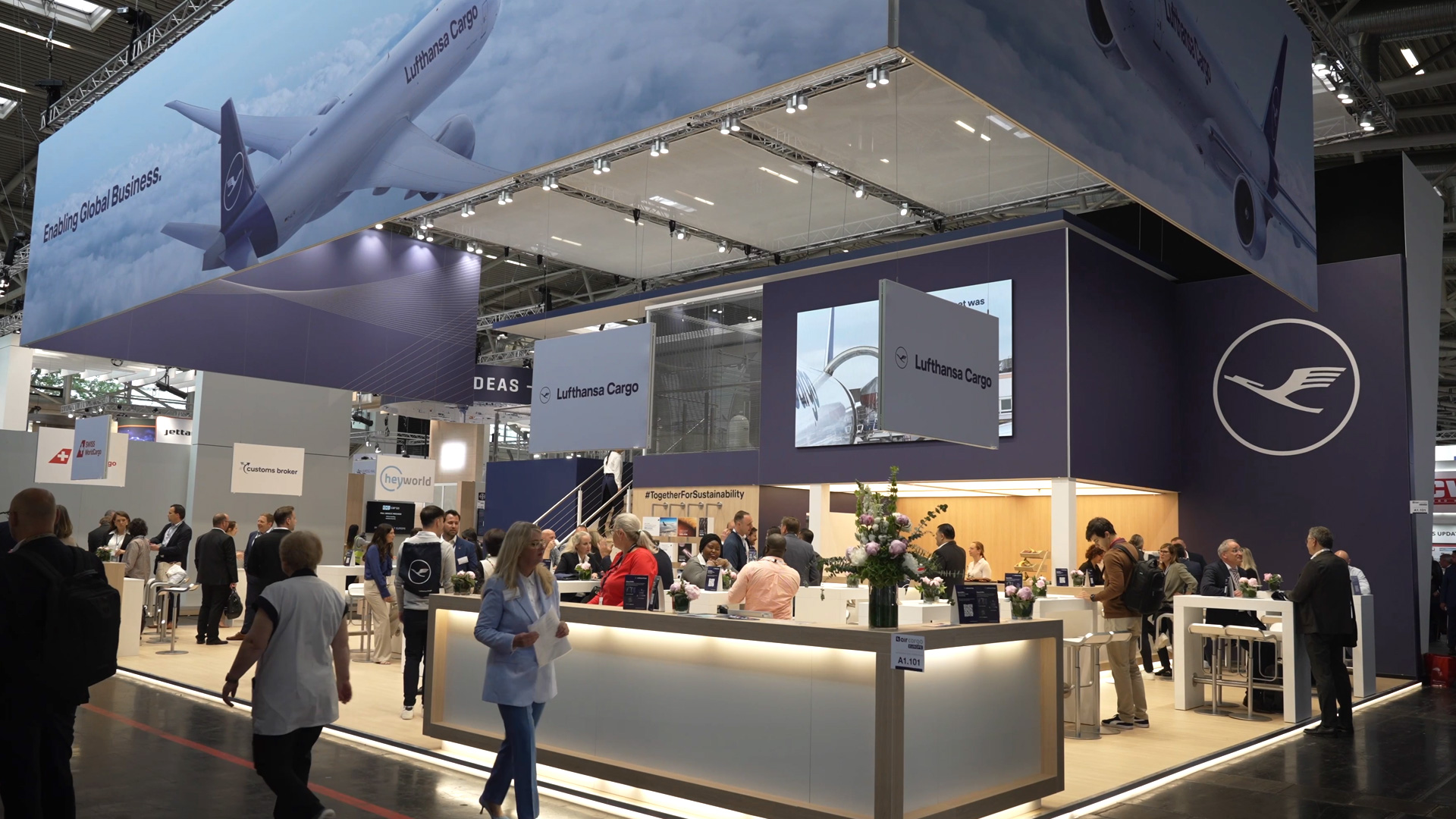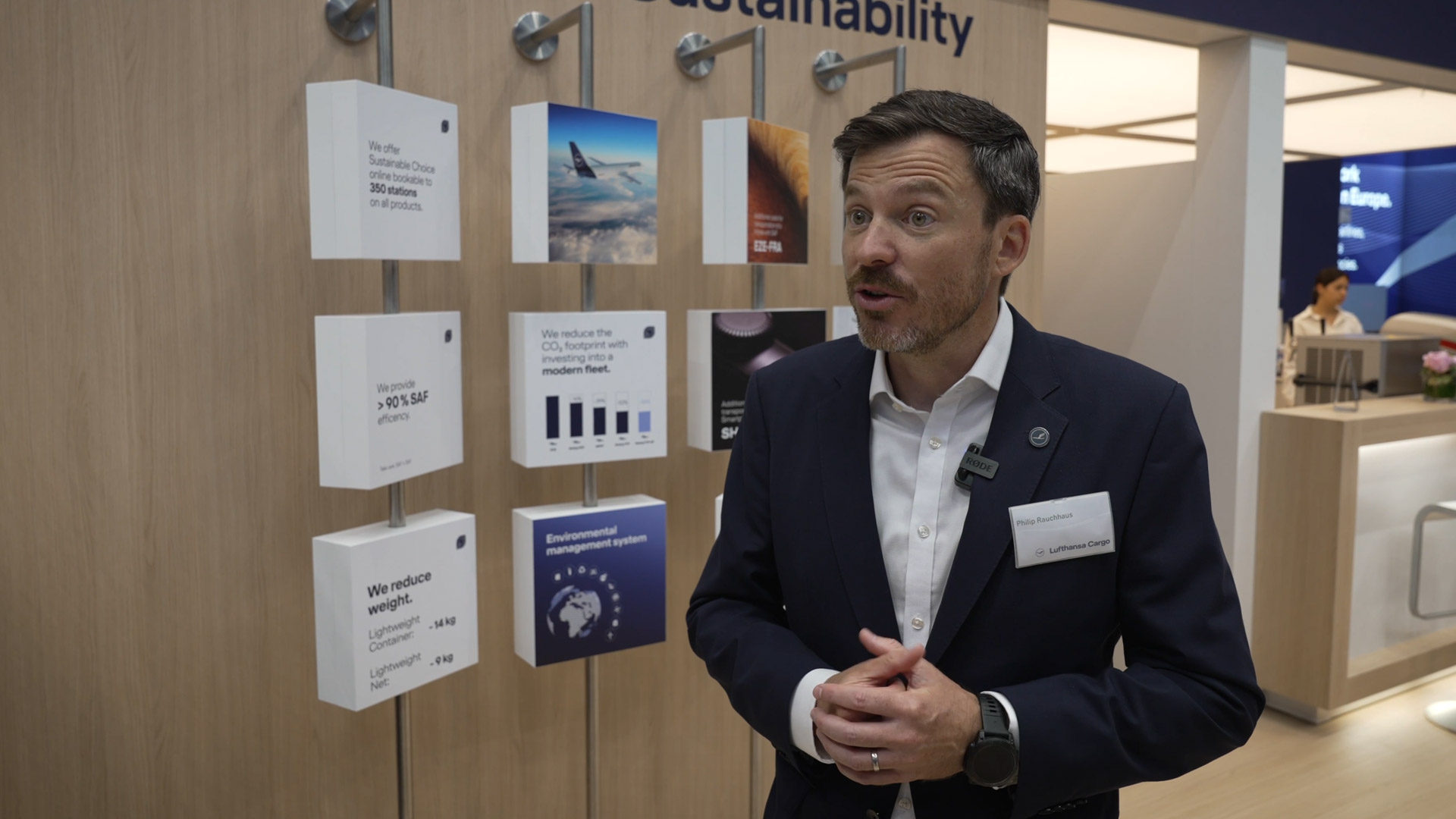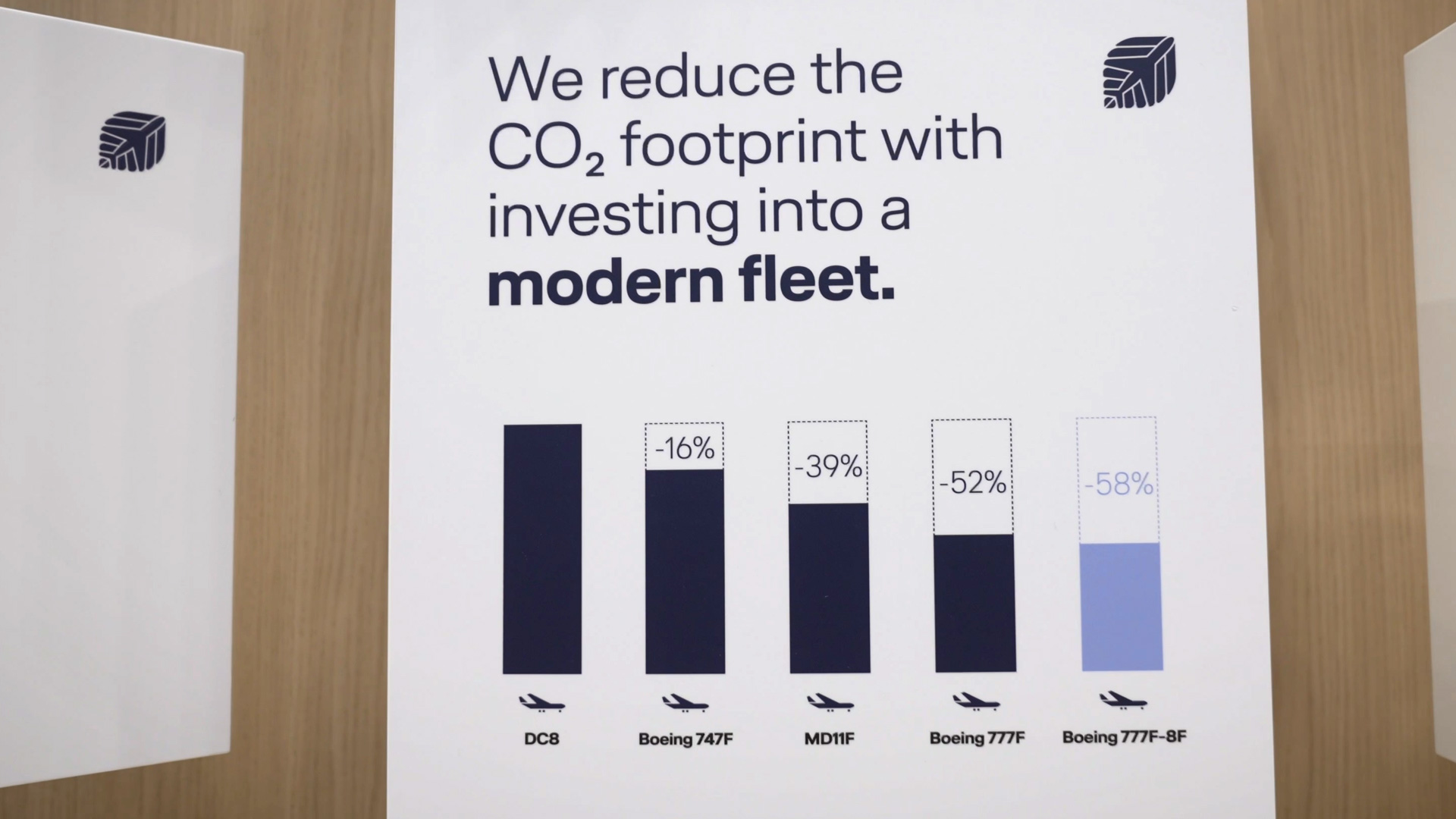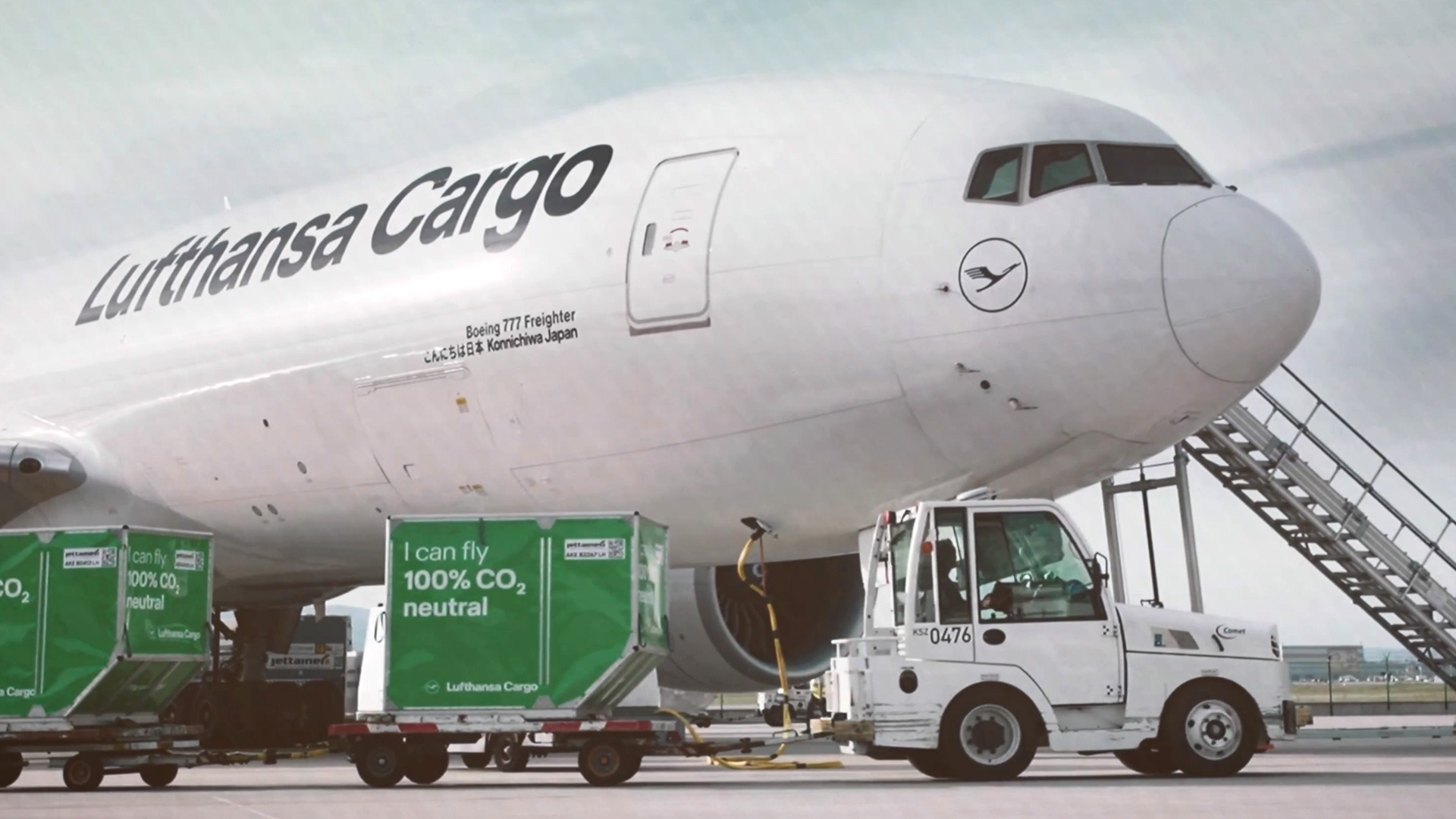The air freight industry is constantly changing – now more than ever. At transport logistic, a representative from Lufthansa Cargo will talk about the current situation in international freight transport, the challenges posed by volatile markets, and the company's strategic approaches to sustainable growth. One thing is clear: the industry is facing profound change that can only be overcome through joint international efforts.
Air freight is traditionally considered particularly susceptible to fluctuations. Developments in recent months confirm this: some markets, such as Asia, continue to show strong figures, while other regions are characterized by unstable demand and changing sentiment. According to the Lufthansa Cargo expert, volatility has accelerated once again.
Rising uncertainties and decoupled market developments are making planning more difficult, but at the same time highlighting the central importance of air freight for urgent, valuable goods flows in global trade. Despite all the challenges, it remains a crucial factor in global supply chains.

One issue that is now preoccupying all players in the industry is the question of environmental responsibility. At Lufthansa Cargo, the principle of sustainable growth is at the heart of its strategic orientation. One measure stands out in particular: the modernization of the fleet.

New generations of aircraft offer significant CO₂ savings compared to older models – in the double-digit percentage range. The ecological benefits are high, but so are the investment costs: a new aircraft costs between 150 and 250 million euros, depending on the type. Nevertheless, fleet modernization is currently considered the most effective lever for CO₂ reduction.
In addition to this major measure, Lufthansa Cargo is also focusing on a number of smaller improvements. These include the use of lightweight pallets and optimized containers to avoid unnecessary weight. After all, every ton saved reduces kerosene consumption and thus emissions. Even such seemingly marginal measures contribute to gradually reducing the ecological footprint of air transport.
In the long term, there is no way around alternative fuels. Lufthansa Cargo sees sustainable aviation fuels (SAF) as the key to climate-friendly air freight of the future. Biogenic fuels are already available today, but the focus is on the even more promising power-to-liquid process.

This synthetic kerosene promises CO₂-neutral production, but the technology is still under development. Industrial scaling requires considerable investment – both in production capacities and in international framework conditions. Lufthansa Cargo emphasizes that SAF must be a joint project that transcends national and economic boundaries.
Another obstacle to the rapid implementation of global climate targets is the inconsistent legal situation. While the European Union has formulated comparatively ambitious requirements, countries such as China, Singapore, and the US are operating under different framework conditions. There is no uniform approach – either within the industry or at the national level.

From Lufthansa Cargo's point of view, this is one of the greatest opportunities: Greater international cooperation, for example through industry associations such as IATA, could significantly accelerate the implementation of sustainable measures. At present, the issue of sustainability is still largely national in many places, with the result that synergies remain untapped.
Despite its clear focus on traditional airport-to-airport transport, Lufthansa Cargo is continuously developing its range of services. Today, large hubs not only handle international freight connections, but also offer complementary services – from customs clearance and e-commerce solutions to pre- and post-carriage.

Customers can have their shipments picked up directly from the warehouse or arrange for delivery to defined destinations. The infrastructure for this has been in place for years, but is constantly being developed to adapt to individual requirements. Flexibility is a key promise that Lufthansa Cargo delivers on with a broad network of partner companies.